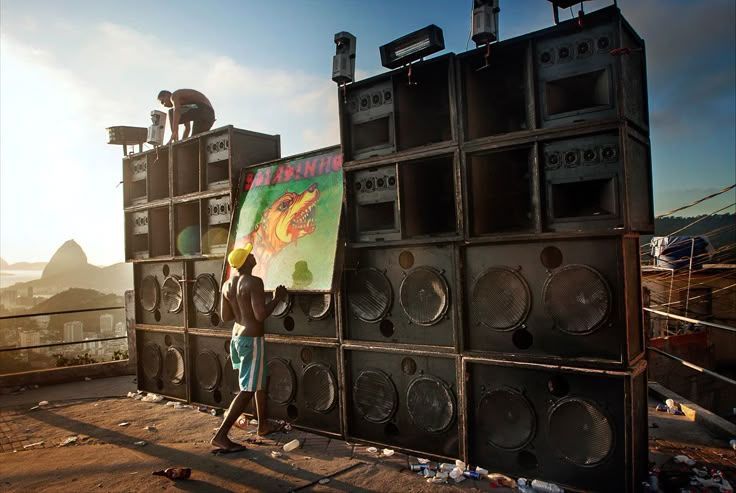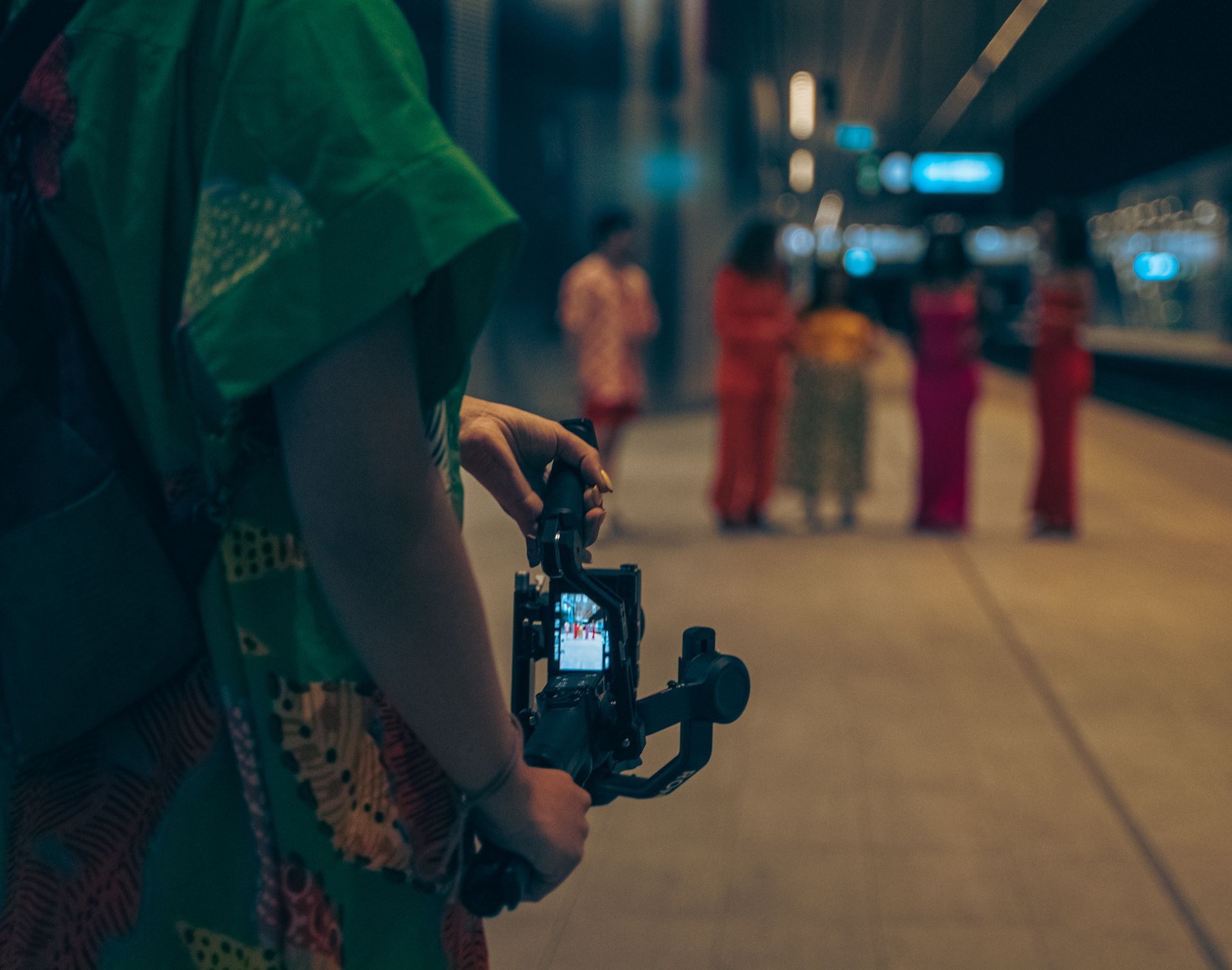Brazilian Funk goes abroad!
You can't love the culture and hate the people that created it:
Brazilian Funk goes abroad!
According to the Economist article - Brazilian Funk is close to becoming a mega international movement and we’re totally here for it and also 0% surprised.
Movement headed by the main and number one funk ambassador worldwide - Anitta - The article says that the interest of international artists and producers on the rhythm from the favelas is growing strong, and highlights influences even on Beyoncé music
We are proud to say that at the Baile Project we’re the first and only cultural center in the Netherlands – and one of the few in Europe – working strongly to diffuse the brazilian funk dance culture through dance classes, inviting main artists of the style directly from Brazil and always putting the funk as style and culture that has incredible cultural richness and it is a product of the minds of the brazilian communities in the favelas of Rio – and they should have the protagonist on it.
The reason? even though the style is gaining more respect and recognition, the very people that created it are still struggling with structural racism, discrimination, low resources and inequality in many senses; and we can’t ignore that
The fact that the culture and style is growing abroad is one of the reasons the style is even starting to be respected in Brazil by the big mass, which come as no shock, same kind of process happened with Samba – which was once criminalized in Brazil – gained national respect when it got to the “approval” and recognition of the white western man
Brazilian Funk wasn’t excluded from this process, there have been efforts to ban funk music entirely, with critics labeling it as morally corrupting. For instance, a petition to
criminalize funk gathered over 20,000 signatures and was presented to the Brazilian Senate. Such actions reflect a broader moral panic rather than addressing underlying social issues. Started in 2000, we still see actions trying to criminalize the style.
You might think this is an isolated process in Brazil, but we’re here to prove that there is much more than that and the main cause is structural racism.
Another style that faced the same backlash? Reggaeton. Faced heavily discrimination, and was criminalized for some time in 1990 in Puerto Rico
*Check 1995: Operation “Mano Dura Contra el Crimen” (Iron Fist Against Crime) in Puerto Rico
Gained international recognition in
2004 with
Daddy Yankee’s
“Gasolina” → Reggaeton breaks into the international mainstream.
Another style? Jazz (USA), Capoeira (BRAZIL), Cumbia (COLOMBIA), Rock and Roll (USA), Dancehall (JAMAICA) (...)
The list goes on, same pattern – backlash – criminalization or/and censorship – breaks into international mainstream – global success often followed by cultural appropriation and/or whitewashing
But why does this happen in the first place? I told you before it was racism, but let me explain that better. What do all of these styles have in common? They were ALL created by marginalized Black/Afro and/or Latin Communities
500 years of slavery DID leave deep marks on our society, that’s why we talk about structural racism. It’s in every structure of society, and THAT is the reason why this culture’s where once decriminalised/censorized and/or criminalised.
And what do we do now? How do we fight against this process? How can we learn about the culture with responsibility?
As we like to say “You can’t love the culture and hate the people that created it”
That’s how.
If you like the culture, like the Brazilian funk, the Reggaeton (...), you can support the culture by reading about the main artists that created it, the people that are still there, the roots of it.
Sharing their video, or at least knowing who they are
Supporting latino owned culture business, supporting black/afro owned business – sometimes support means just share, give visibility
Learning about the culture; that can also mean having the best time at a dance class, why not.
I’ve heard countless times “But am I appropriating it by dancing to it?” NO. not at all!
The style is for ALL! Dance is for all, and doesn’t matter where you come from. If you love it tho, it’s nice to be aware of this process and support when you have the chance to, even sharing a video makes all difference. It’s nice to be aware the problems that these communities still face, the discrimination, the racism. Speak out and support when you have a chance
If you’re benefitting from the culture—whether that’s through joy, community, or even professional opportunities—it’s a beautiful chance to also contribute back. Honoring its creators and its roots doesn’t mean guilt or restriction—it means growing in awareness, celebrating the originators, and addressing responsibly the protagonism. It’s about being part of a movement that uplifts, rather than one that extracts.
We at the
Baile Project feel that we have a huge responsibility to honor the roots of Brazilian Funk. That means not only acknowledging the genre's origins, but actively challenging the systems that criminalized and marginalized it in the first place. This responsibility goes beyond words — it requires real work, real investment, and sometimes choosing the harder, less profitable path. It means taking the time to research and invite artists directly from Brazil, especially those still in the favela communities who built this culture from the ground up. It means writing texts like this, creating accessible educational platforms, and using our space and voice to uplift those who deserve the spotlight.
Yes, it takes more energy. Yes, it’s harder. But we believe it’s worth it.
Baile exists to be a bridge — between cultures, between continents, and between the global spotlight and the favela where this rhythm was born. This is our mission. And this is the movement we’re proud to be a part of, that we know it’s only reaching a broader audience and a broader impact because you’re with us. You’re part of the change
-
Your Brazilian Amiga,
Anna Marques
ps: Check the documentary "Passinho" at Netflix. it's brilliant and talks about one style of Brazilian Funk, with much respect and protagonism to it's roots.
ps 2: check our You can't love the culture and hate the people that created it - T-shirt and Sweatshirt at our Merch Store here



